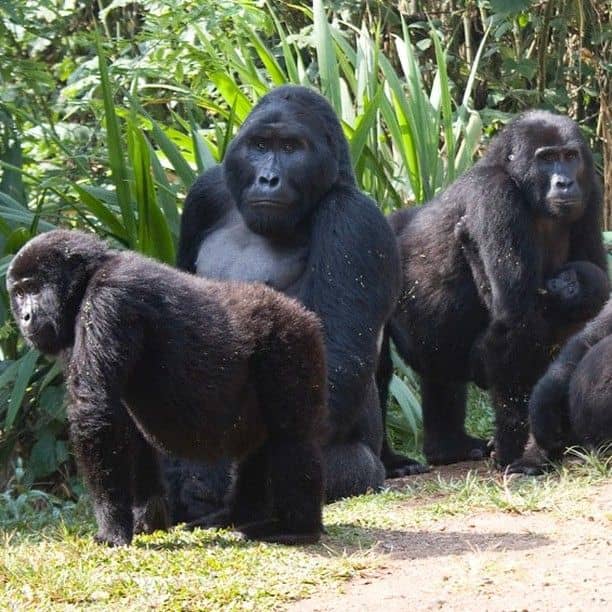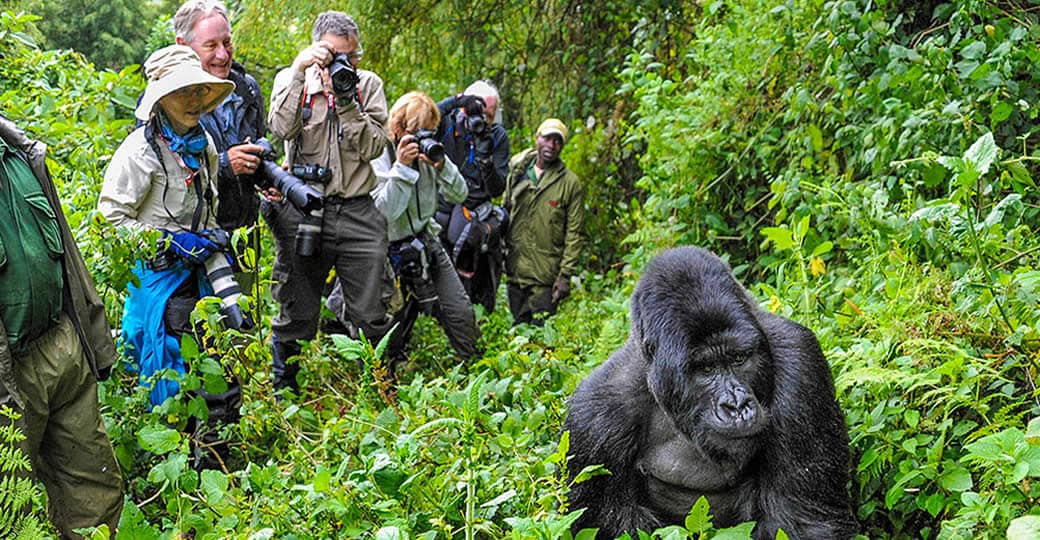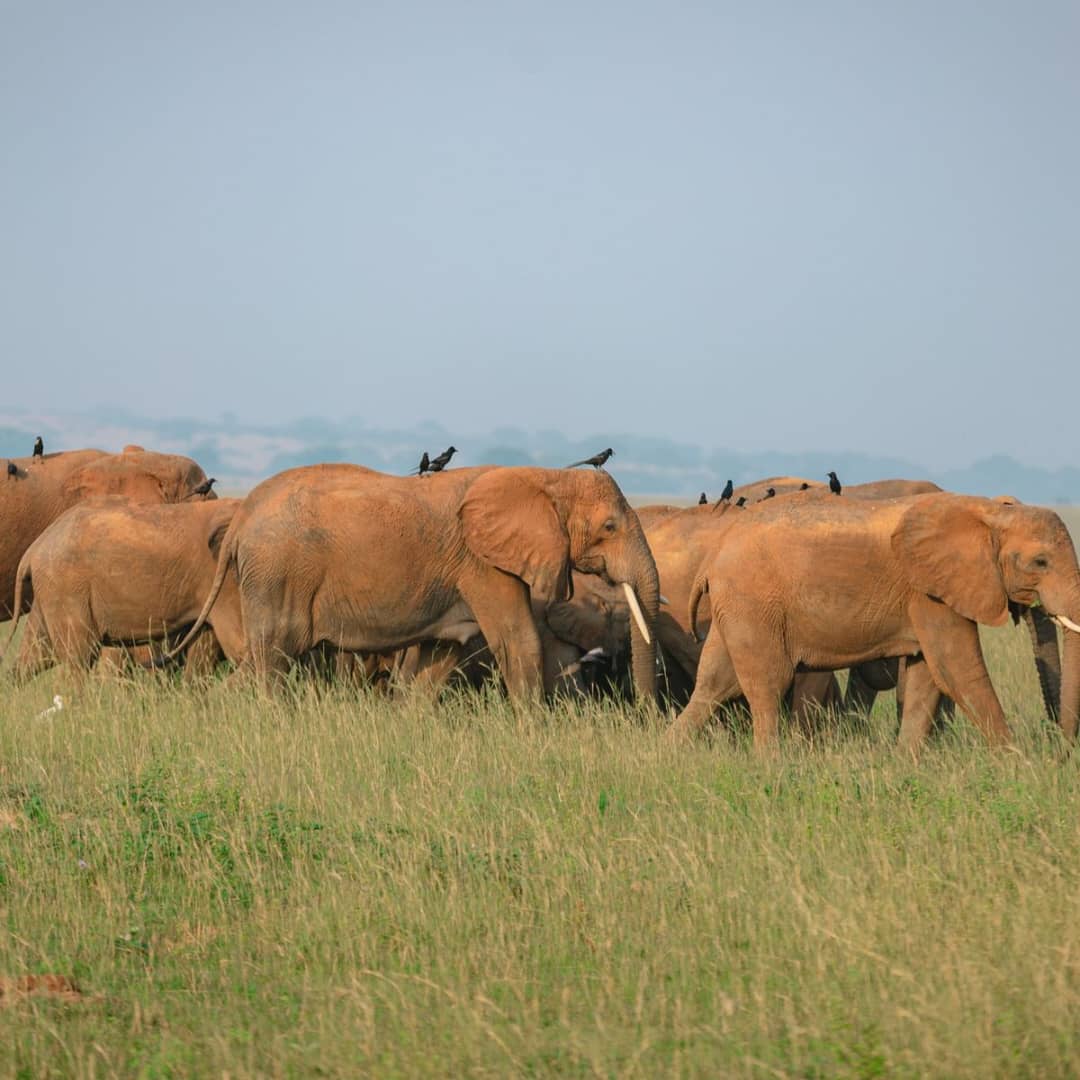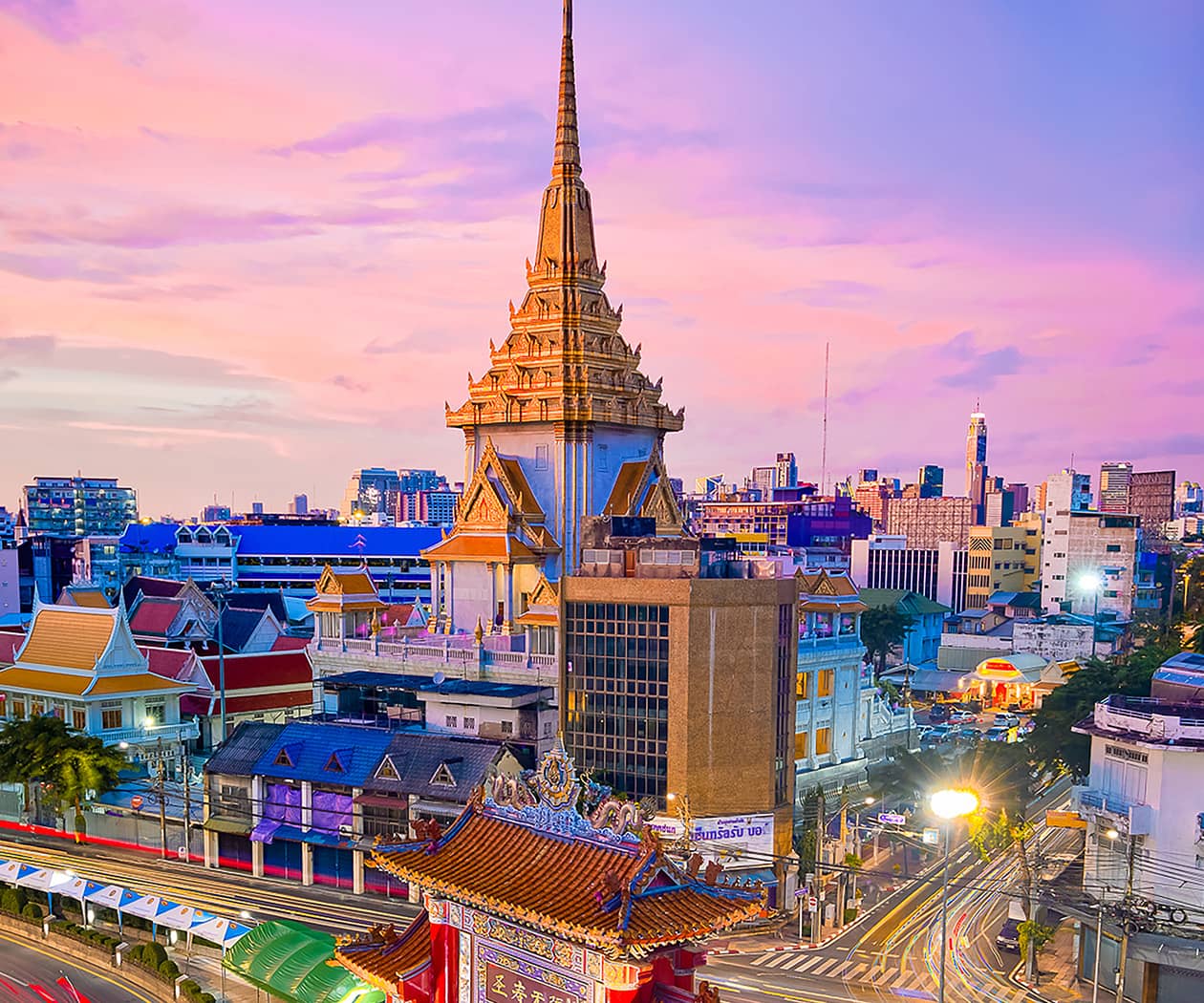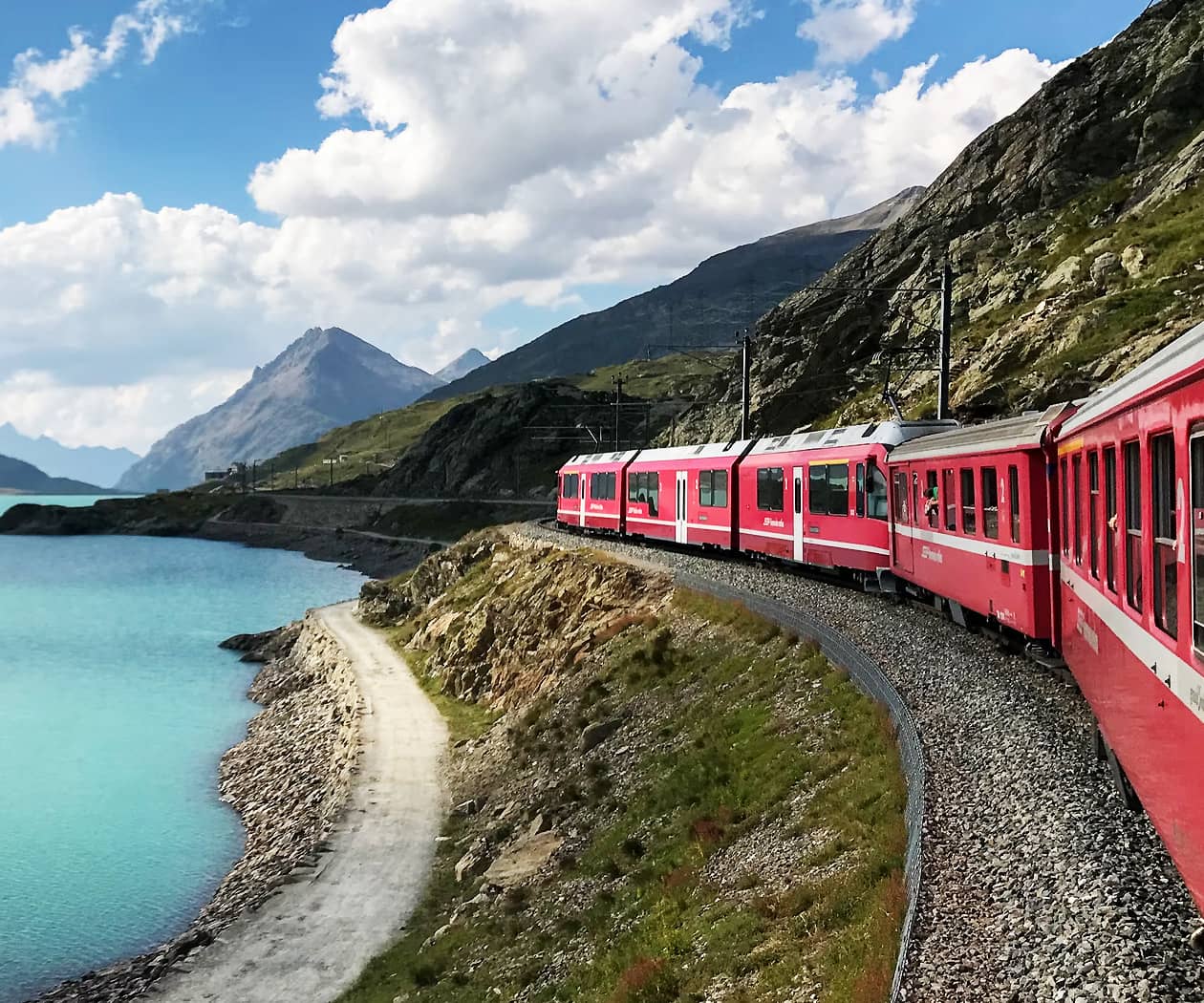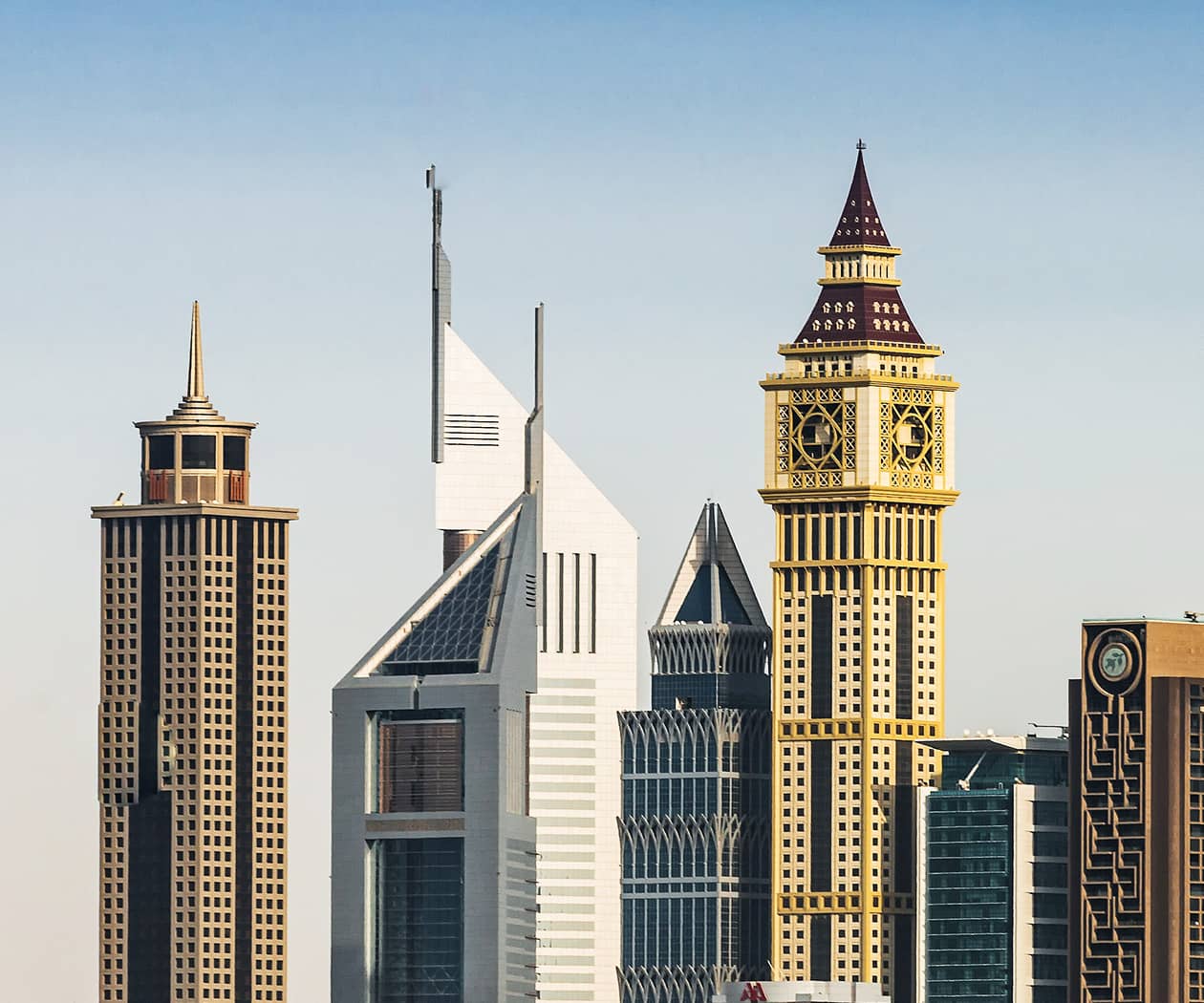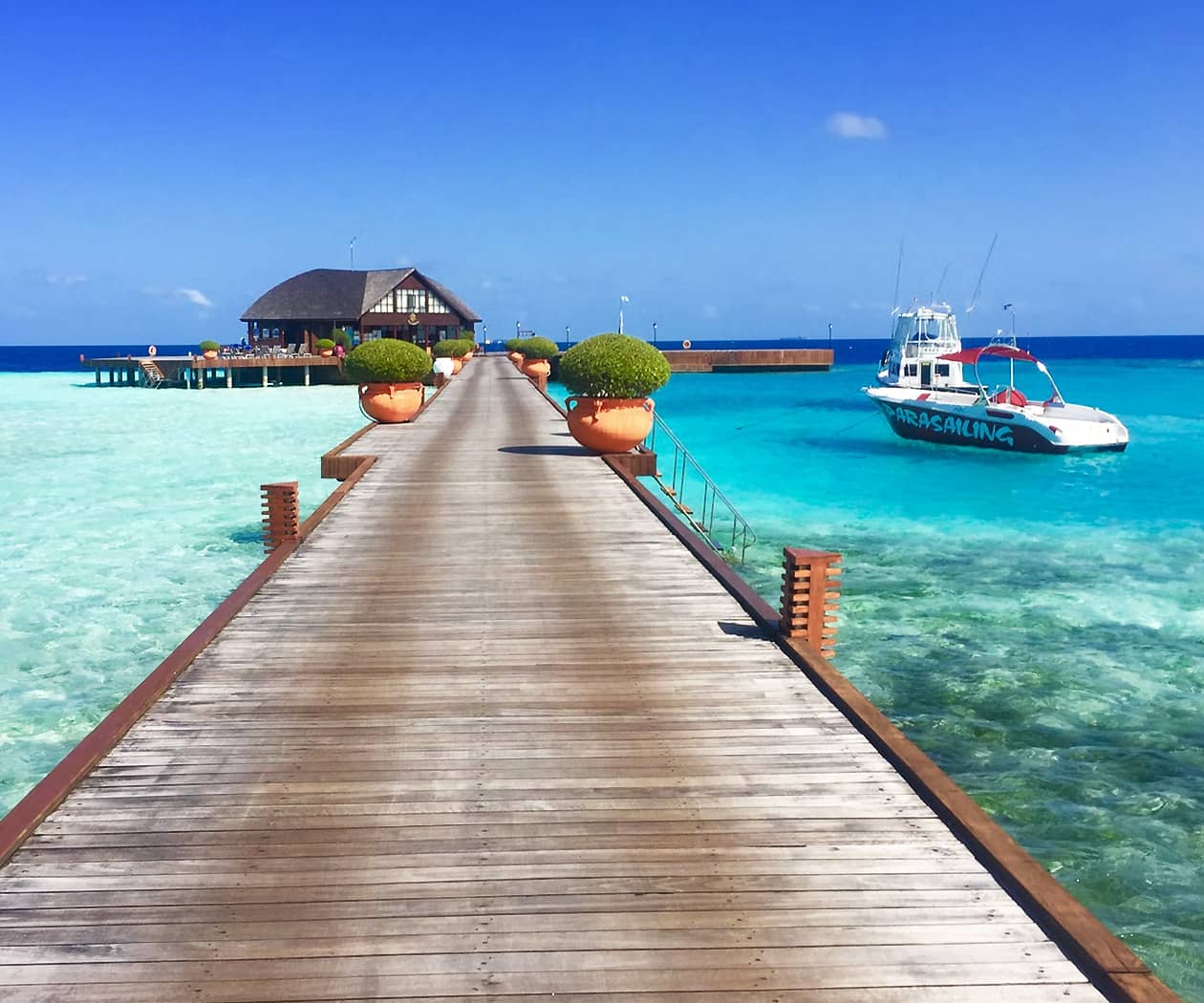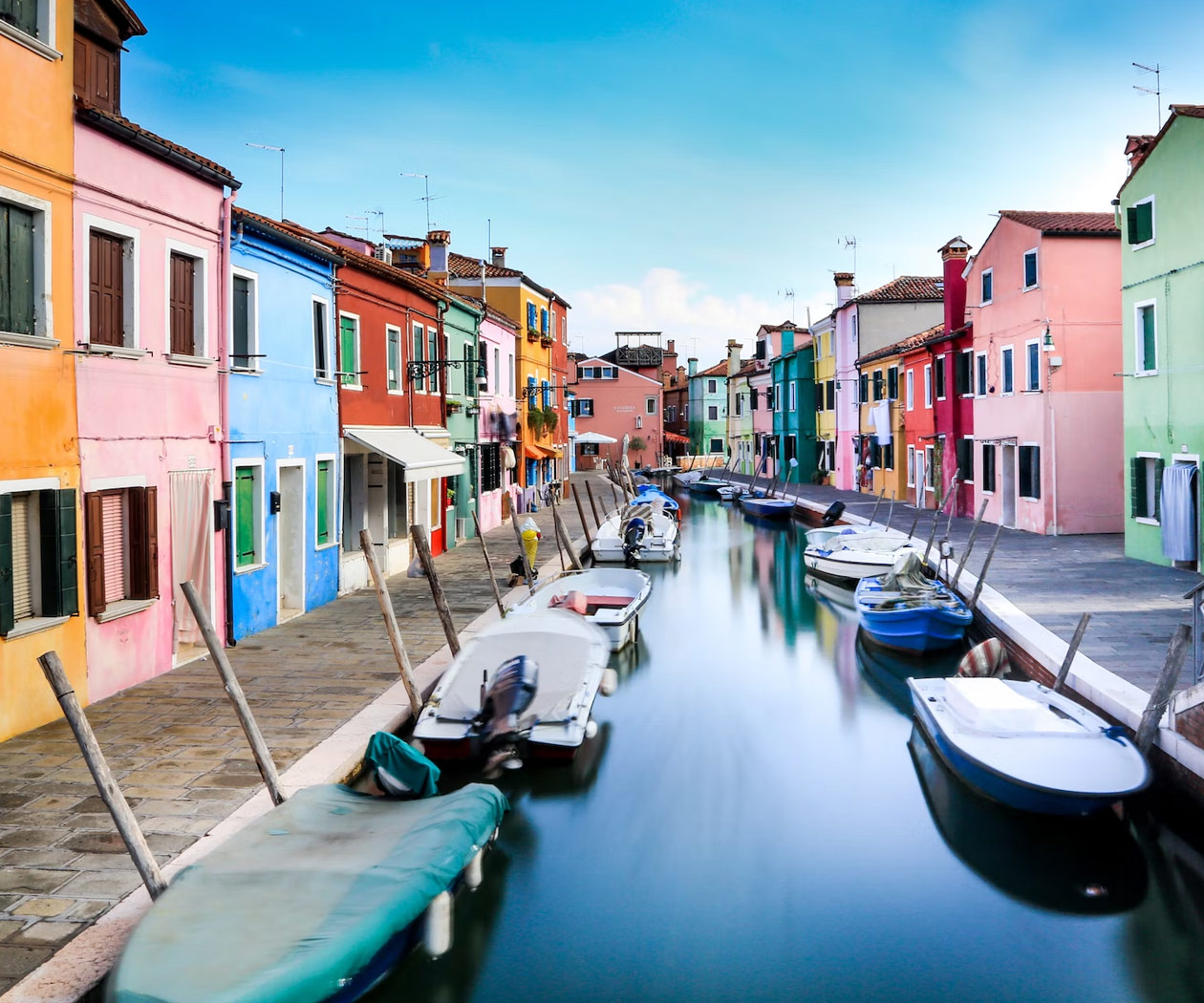Ethical Tourism and Gorilla Trekking in Rwanda
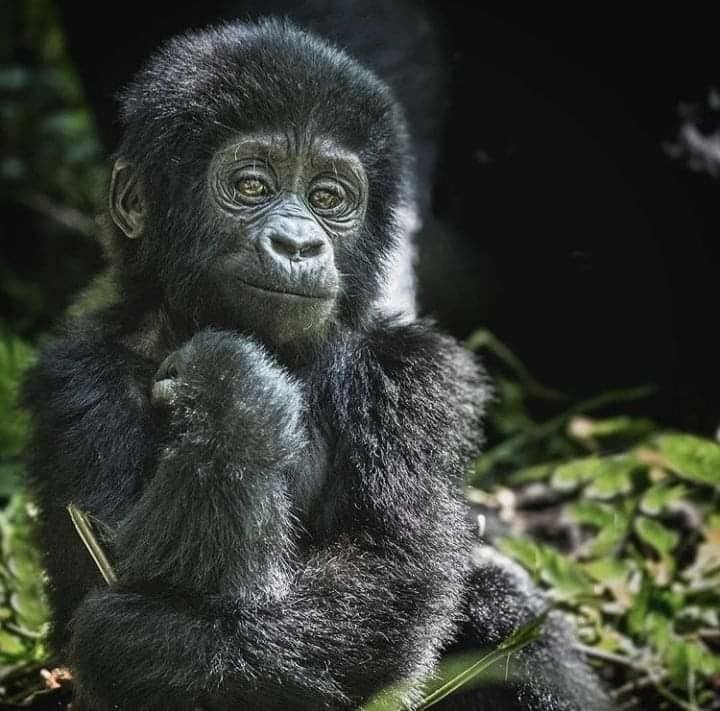
Rwanda has become one of Africa’s most remarkable conservation success stories, with mountain gorilla populations steadily increasing thanks to sustainable tourism practices. This guide explores ethical tourism and gorilla trekking in Rwanda, showing how visitors can experience these magnificent creatures while supporting their protection and local communities.
Why Ethical Tourism Matters for Rwanda’s Gorillas
Rwanda’s approach to ethical tourism and gorilla trekking in Rwanda has transformed wildlife conservation. The country demonstrates how responsible travel can:
Fund protection of endangered species
Create sustainable livelihoods for local communities
Maintain ecological balance in Volcanoes National Park
Provide life-changing experiences for conscious travelers
With only about 1,000 mountain gorillas remaining worldwide, every tourist interaction matters. Rwanda’s strict regulations ensure trekking benefits both wildlife and people.
How Rwanda Implements Ethical Gorilla Tourism
1. Limited Daily Permits
-
Only 96 permits issued per day (8 visitors per gorilla family)
-
$1,500 permit fee directly funds conservation
-
Strict 1-hour viewing limit minimizes disturbance
2. Community Benefit Programs
-
10% of permit revenue supports local villages
-
Tourism creates jobs as guides, porters, and lodge staff
-
Schools and clinics built through tourism income
3. Scientific Monitoring
-
Veterinarians track gorilla health
-
Researchers study behavior without interference
-
Anti-poaching patrols protect gorilla families
How Travelers Can Practice Ethical Tourism and Gorilla Trekking in Rwanda
Before Your Trek
Choose eco-conscious tour operators
Book through Rwanda Development Board (RDB)
Educate yourself on gorilla behavior
During Your Visit
◾ Maintain 7-meter distance from gorillas
◾ Follow all guide instructions immediately
◾ No flash photography or loud noises
◾ Never attempt to touch the animals
After Your Experience
-
Share your story to promote responsible tourism
-
Consider donating to conservation organizations
-
Support local artisans by purchasing crafts
The Impact of Your Visit
When done right, ethical tourism and gorilla trekking in Rwanda creates powerful positive change:
For Conservation:
Your permit fee pays for:
-
Ranger salaries
-
Habitat protection
-
Veterinary care
For Communities:
Tourism provides:
-
90% of local employment around the park
-
Education opportunities
-
Healthcare access
Best Ethical Lodges for Gorilla Trekking
-
-
Eco-friendly luxury villas
-
Supports local reforestation
-
Community craft partnerships
-
-
Sabyinyo Silverback Lodge
-
Owned by local community trust
-
100% of profits fund development projects
-
Solar-powered operations
-
-
-
Pioneers in sustainable tourism
-
Funds clean water initiatives
-
Stunning volcano views
-
Alternatives to Gorilla Trekking
For those concerned about wildlife interaction:
Golden monkey tracking
Dian Fossey Tomb hike
Cultural village experiences
Nature walks at Lake Kivu
Frequently Asked Questions
Q: Is gorilla trekking really ethical?
A: Yes, when following Rwanda’s strict guidelines. The population has grown from 250 to over 600 since tourism began.
Q: How much does tourism help local people?
A: Tourism is the #1 employer in the Musanze region, with average incomes doubling in trekking communities.
Q: Are there age restrictions?
A: Yes, visitors must be 15+ to protect both children and gorillas from disease transmission.
The Future of Ethical Tourism and Gorilla Trekking in Rwanda
Rwanda continues innovating with:
-
Expanded buffer zones around parks
-
More community-owned lodges
-
Advanced health monitoring tech
-
Sustainable permit pricing models
Your Role in Responsible Travel
By choosing ethical tourism and gorilla trekking in Rwanda, you become part of Rwanda’s conservation legacy. Your visit directly protects these incredible animals while transforming local lives.
Ready to plan your responsible adventure? Book with eco-conscious operators at least 6 months in advance for best permit availability!
Have more questions about ethical gorilla encounters? Ask in the comments below!

